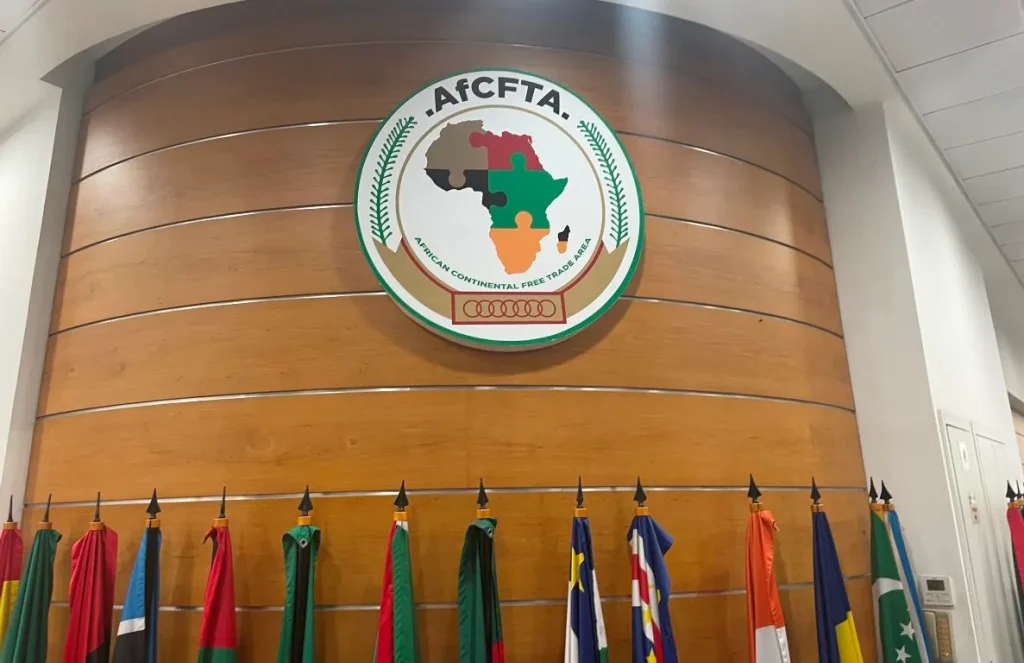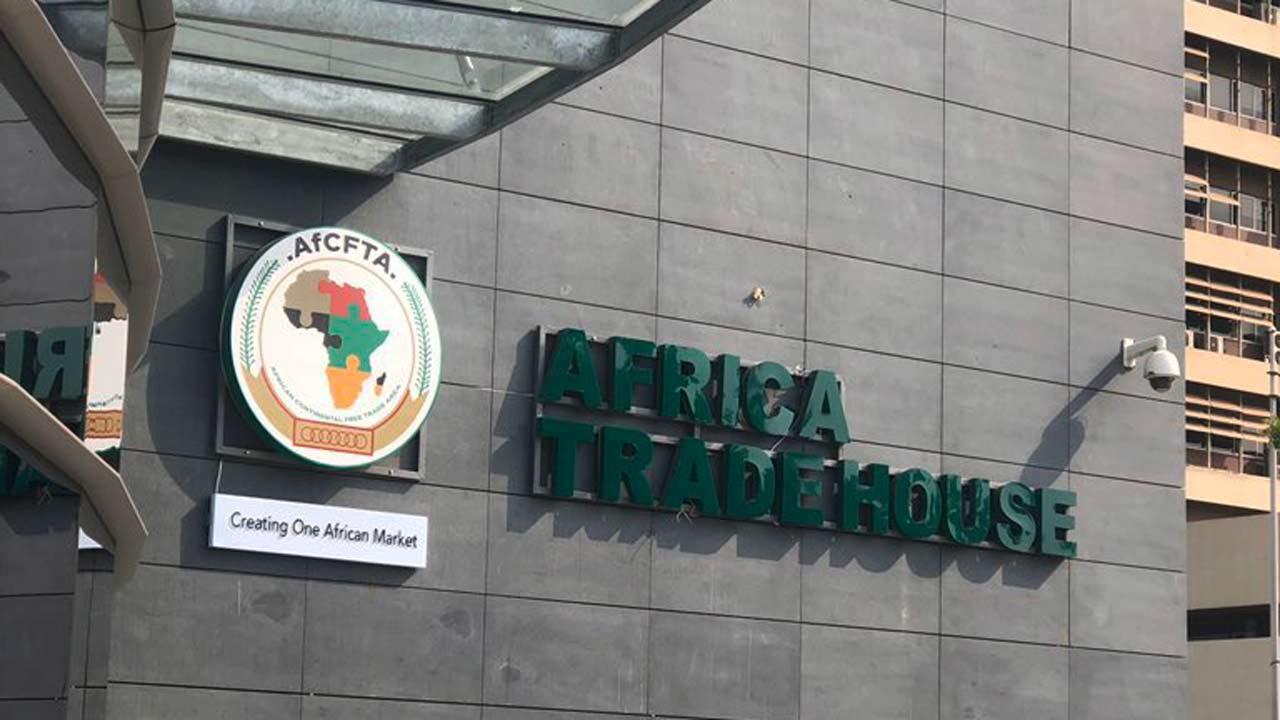Nigeria has launched a dedicated air corridor to facilitate trade under the African Continental Free Trade Area (AfCFTA), aiming to slash export costs and enhance access to key African markets — Kenya, Uganda, and South Africa.
The announcement was made on Sunday by Nigeria’s Minister of Industry, Trade and Investment, Dr Jumoke Oduwole, through her official X (formerly Twitter) account. She highlighted that the corridor, operated via Uganda Airlines, is part of a broader strategy to increase the competitiveness of Nigerian exporters by removing logistics bottlenecks and cutting transport costs by between 50% and 75%.
“In celebration of Africa Day, we have opened a bold new air corridor that will link Nigerian goods to AfCFTA markets through Uganda Airlines. This initiative significantly reduces logistics costs and enhances access to markets in Uganda, Kenya, and South Africa,” Oduwole stated.
The new route will support the export of Nigerian-made textiles, beauty and cosmetic products, and agro-based goods. By reducing costs, the government aims to help exporters become more profitable and expand their operations across Africa.

The development comes alongside the official gazetting of AfCFTA tariffs, which provides Nigerian exporters with reduced duty rates and improved trade terms under the free trade agreement.
The ministry reaffirmed its commitment to helping local businesses scale their operations continent-wide through AfCFTA-aligned policies. The trade bloc creates a single market for goods and services across Africa, encouraging economic integration and intra-African commerce.
In April 2025, Nigeria formally submitted its ECOWAS Tariff Schedule to the AfCFTA Secretariat, making 90% of Nigerian exports eligible for zero tariffs under the agreement. The country has followed a phased strategy of tariff reductions since 2021 and has now implemented a 50% cut for goods traded with least-developed African countries and a 100% reduction for trade with developing countries.
The move aligns with the wider goal of boosting intra-African trade from 18% in 2022 to 50% by 2030, as outlined in the AfCFTA Digital Trade Protocol. The air corridor is also expected to support Nigeria’s thriving small and medium-sized enterprises (SMEs) and tech-based exporters, reinforcing the country’s leadership in the agreement’s rollout.


 Trending
Trending 